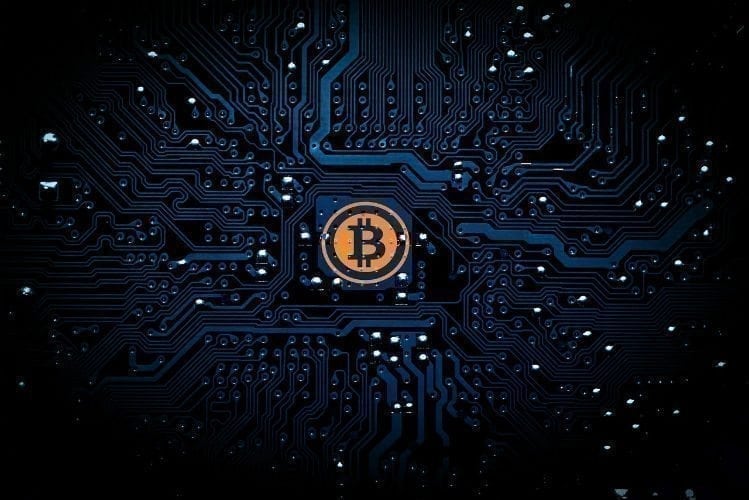As you may have already heard, Bitcoin is on the rise. The digital currency has experienced unprecedented growth this year, now valued 1,100 percent more than a year ago. In fact, at one point yesterday, CoinMarketCap valued Bitcoin at $11,517, its highest value to date. Only a couple days ago it was hovering around $9,500, which goes to show how serious the growth is. Those who invested in Bitcoin long ago are likely pleasantly surprised today. But, growth like this cannot be sustained and good things rarely last forever.
Along with Bitcoin, you may have also heard the news about the upcoming FCC Net Neutrality Vote. The proposal, as it stands now, would completely scrap the Obama-era net neutrality rules. In the new proposal, internet providers would not have to treat all data equally. And, since cryptocurrencies like Bitcoin exist on the internet, there could be dire consequences. Many experts are beginning to worry that repealing net neutrality would allow internet service providers (ISPs) to restrict access to cryptocurrency portals, making them more expensive to access and use.
With the current way that cryptocurrencies work on the internet, many people buy and sell them on public websites called “exchanges.” Some of the more popular platforms include Bitstamp and Coinbase. If net neutrality is voted out, then certain ISPs who don’t want Bitcoin on their network could reduce access speeds to exchanges, charge a premium for access, or block them entirely. In another situation, one exchange may opt to pay for a “fast lane,” leaving other exchanges behind. This would be especially an issue where a single ISP has a monopoly over an area, forcing users to use their preferred Bitcoin exchange or abandon cryptocurrency altogether.
And, even if exchanges pay ISPs for equal access, individual cryptotraders may still suffer. The changes in net neutrality could affect users’ individual nodes. A node is one computer of many that communicate with each other to run a decentralized network of cryptocurrency. Since these peer-to-peer applications aren’t mainstream websites, ISPs could argue that supporting them is too costly, thus making users bear the cost if they wish to continue.
“The blockchain and cryptocurrency space is all about developing new peer-to-peer internet protocol–exactly the kind of protocols that [internet providers] have a history of blocking,” Nick Grossman, general manager at Union Square Ventures told Motherboard. So, while no ISPs have claimed that they would block or slow exchanges or nodes, the precedent is there according to Grossman.
But, all is not yet lost. The FCC doesn’t vote on the repeal of net neutrality until December 14, giving crypto investors plenty of time to contact their representatives. While concerns about future streaming speeds are valid, it is important to remember that there is real money on the line and that the effects of the net neutrality repeal may be wider than some people imagine.
Featured Image Courtesy of Pixabay











